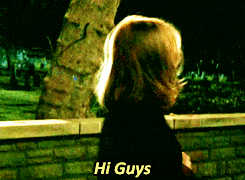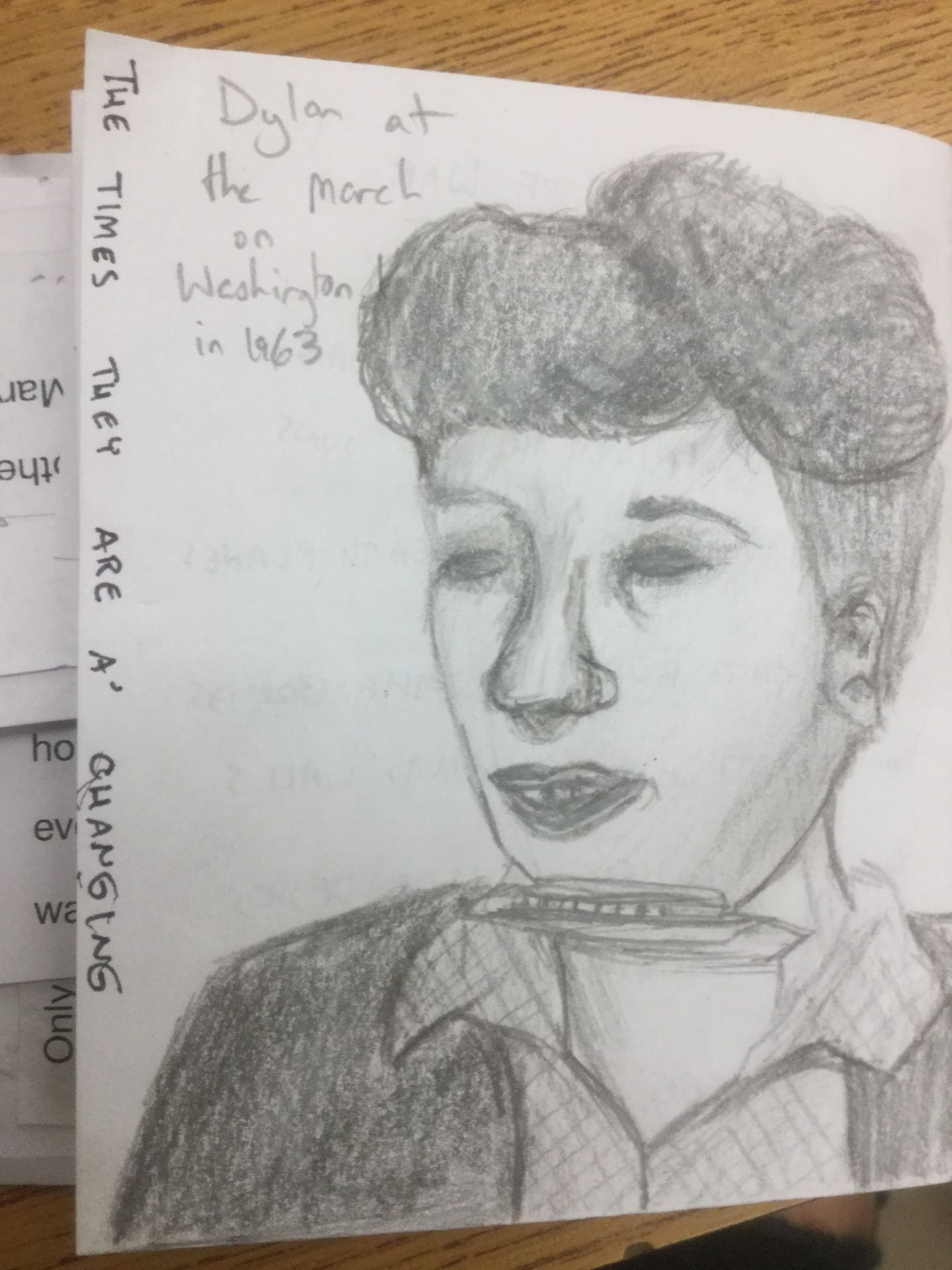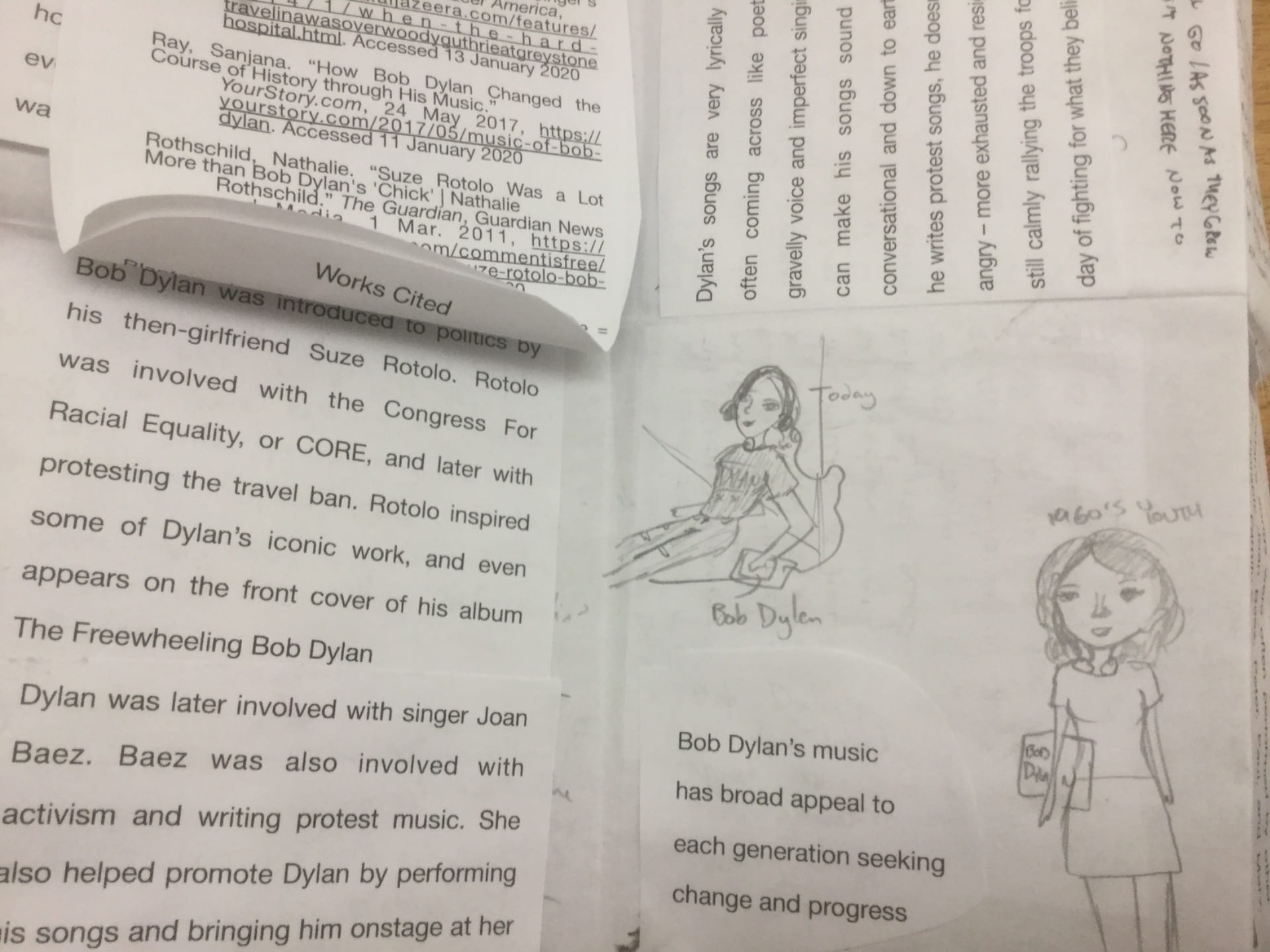Hello, Internet.
You’ve probably heard of a man (a PIANO man) named Billy Joel. He’s famous for songs such as Uptown Girl, The Longest Time, and the song I want to discuss today: We Didn’t Start The Fire.
There’s a pretty high chance you’ve heard of this song (particularly if you’re a fan of The Office). However, the chance you could sing even one verse of it correctly is significantly lower, because the lyrics are essentially a rapid fire list:
What they’re a list of, exactly, is a series of significant events and people from around the 1930s through the 1980s. Our assignment for this unit was to choose a topic mentioned in the song, from before 1979, and explain its significance.
Now, maybe I should establish exactly what significance is. As per one of the curricular competencies we looked at in this unit – understanding how we make choices about what is worth remembering – we spent a while discussing what it meant for something to be significant. We came down to a set of criteria for significance: something significant should have widespread impact, remain important over time, have a meaningful effect on the people it impacts, and/or be relevant to how we understand the world.
For my topic, I chose another man (a TAMBOURINE man) you’ve probably heard of: Bob Dylan. I really enjoy learning about music history, and I knew that Dylan had written some protest music, but I didn’t know a lot about his life beyond that. I decided to research Dylan and create a CD insert explaining his significance, as well as a podcast which would be the audio content of the “CD”. In order to understand how Dylan and his work met the criteria of being significant, I filled out a chart detailing the different aspects of significance.
So, I started doing research. I listened to Dylan’s music. I read articles. I listened to podcasts. I watched the first couple hours of a documentary. I compiled a research document with all of my notes, and my thesis: Bob Dylan’s songs in the early 1960s acted as a call to action for the youth of America at the time, and touched on themes that are still relevant in American politics now, such as racism, poverty, and war.
However, I found that while Bob Dylan was – and is – certainly well known, and his music describes very significant events, he himself did not make as much of an impact on the world as I expected. Aside from the music he made, I don’t know that Bob Dylan did anything that was really unique at the time – he wrote protest music, and attended protests at which he played said protest music, but other musicians were doing that, but he didn’t consider himself overly political, and after a few years, he tried to remove himself from politics as much as possible.
However, he does hold some significance, at least as a musician, so I used the evidence I had to argue for why.
I started out by hand drawing and writing the CD insert, which I was envisioning looking sort of like a zine. However, I was promptly reminded of the fact that my handwriting is illegible, so I decided to fix the problem as any normal person would: by printing out a typed version of all the words and pasting them over my handwriting.
After that, I wrote and recorded the podcast.
Finally, I did a presentation about everything I had learned, alongside a keynote which refused to stay up on the screen for longer than two seconds.
All of this is where the second core competency for this unit – how I share my own ideas when I write, speak, and represent – came into play. While I normally feel that communicating my ideas, particularly through writing and presenting, is a strong suit of mine, I think that I did a poor job communicating through the format of a CD booklet. I think that if I had had a clearer vision of how exactly I wanted my booklet to appear, and if I had found a different way to change the handwriting to typing, my communication could have been stronger.
While I had a fun time learning about Bob Dylan, I think that I could have done a lot better on this project. My argument wasn’t very strong, and I think it would have been better if I had either broadened it, or chosen a different topic. However, all I can do now is learn from my mistakes.
Toodles.





